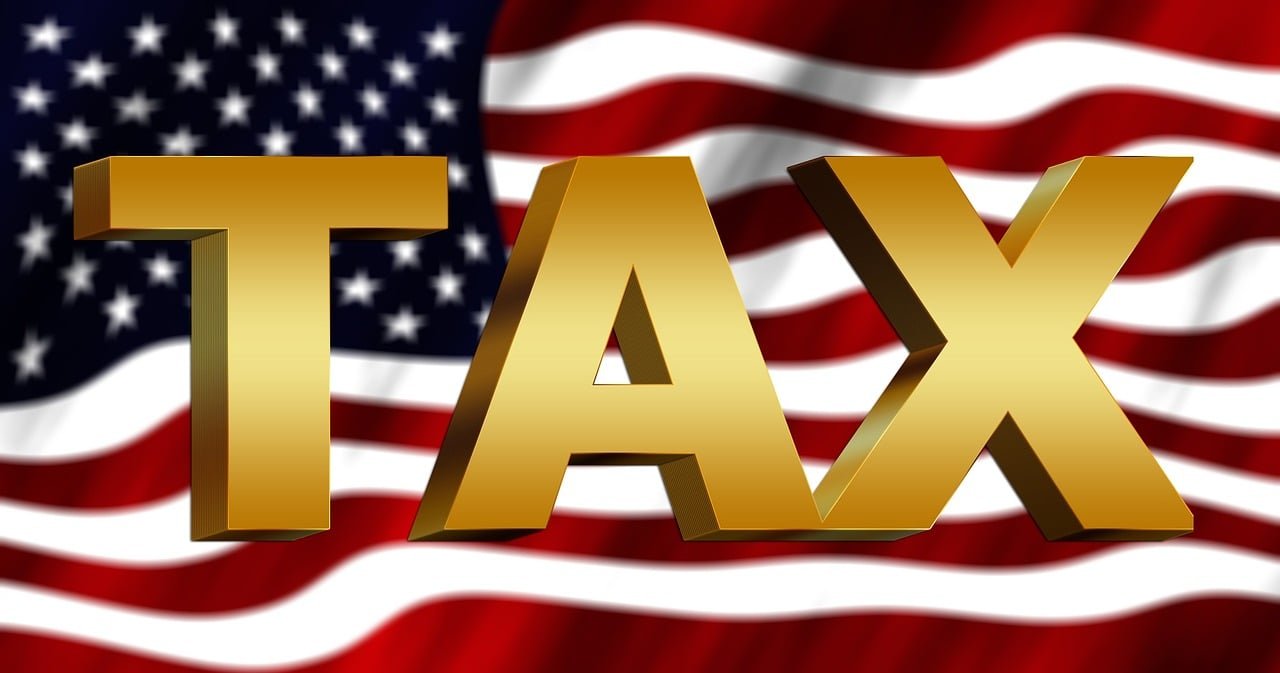How Florida’s new social media restriction law compares to the rest of the U.S., existing rules
TALLAHASSEE, Fla. – Following Gov. Ron DeSantis’ signing of legislation barring most minors from creating social media accounts, parents are set to meet a new slate of state rules in the landscape of raising their children in the digital age.
HB 3 was signed by the governor on Monday with the goal of barring minors under the age of 14 from creating accounts on addictive social media platforms. The legislation specifies that 14 and 15-year-olds may create accounts on the platforms with parental consent.
The purpose of the legislation is meant to specifically target platforms that use addictive features with content catered to individuals based on algorithms that analyze user information.
Addictive features include infinite scrolling, auto-play and live streaming.
The bill does not target platforms that are simply used for one function, such as emailing and texting.
Additionally, the legislation requires age verification software for internet sites that primarily produce obscene material that is not suitable for minors.
The federal government has very few restrictions on social media platforms
The Children’s Online Privacy Protection Act of 1998, or COPPA, is the main source of restrictions that the federal government enforces on social media platforms in order to protect minors.
According to the Federal Trade Commission, the primary goal of COPPA is to “place parents in control” of the information that online sites and platforms collect from their young children.
The legislation is meant to protect the data and personal information of children under the age of 13. It also outlines how platforms and websites must detail their privacy policy and terms of conditions for all individuals signing up and providing their information to online sites.
Because of these restrictions, the minimum age to open an account on practically every major social media platform is 13 years old.
That being the case, according to Statista, 68% of pre-teens actively use social media applications.
State governments have taken social media restrictions into their own hands
Besides Florida, the National Conference of State Legislatures reported that 11 states have successfully implemented social media and internet restrictions, as of the end of 2023.
- Arkansas: Similar to Florida, Arkansas has enacted legislation pertaining to minors’ access to inappropriate online material, as well as parental consent requirements for all individuals under 18 attempting to create certain social media accounts.
- California: California implemented legislation not specifically relating to minors, but indirectly so, by attempting to combat the sale of controlled substances on social media platforms and protect individuals who are targets of violent posts and inappropriate media content.
- Illinois: A resolution was adopted in Illinois urging the federal government to take action in protecting minors from harmful social media algorithms.
- Louisiana: Louisiana passed the Secure Online Child Interaction and Age Limitation Act that seeks to protect the privacy and data of those under the age of 16. It also implements age verification and parental consent requirements for those who wish to create social media accounts.
- Mississippi: Mississippi implemented age verification requirements to access pornographic sites and explicit content online.
- Montana: The state of Montana banned the use of TikTok following the growing fears of Chinese influence in the parent company of the popular app, Bytedance.
- New Jersey: New Jersey created the Commission on the Effects of Social Media Usage on Adolescents in an attempt to study teen usage of various online platforms both in and outside of school, in order to determine the health and academic impacts that social media has on minors.
- New York: Legislation was implemented in New York directing the state to examine links and connections with human trafficking and social media usage.
- Texas: Texas enacted policies preventing social media platforms from targeting minors and required that sexually explicit material online required an age verification to access.
- Utah: The Utah Social Media Regulation Act prevents platforms from targeting the personal information of minors. It additionally requires age verification and parental consent for social media account creation. It also limits the amount of hours that one can use certain platforms depending on their age.
- Virginia: Similar to New York, combatting human trafficking through social media has become a priority for Virginia’s state government thanks to legislation that has been passed. Additionally, a bill holding people accountable who distribute inappropriate content and material through social media has also been enacted.
Incoming legal battles could stall the law’s effects
Florida’s social media bill, which will become official law on Jan. 1, 2025, was praised by top state officials this week, several of whom expect – and welcome – legal challenges.
“Knowing what I know now, none of us can afford to be on the sidelines when it comes to social media, when it comes to hardcore pornography that our kids are being exposed to,” said House Speaker Paul Renner, R-Palm Coast.
“We know from law enforcement, we know from our prosecutors that social media is the primary platform in which children are trafficked,” he continued. “In which pedophiles pretending to be children come after our children.”
The speaker warned that organizations like NetChoice would sue state the second that the bill became law.
Attorney General Ashley Moody expressed support for the legislation and argued its constitutionality. She was confident it would hold up in a court of law.
DeSantis also spoke enthusiastically about the bill, highlighted the alarming reality that child predators and dangerous people can impact children and teenagers through their phones without the minors ever actually leaving their houses.
“You have predators that can get right in there into your own home,” he said. “You could be doing everything right, but they know how to manipulate these different platforms.”
Organizations such as the American Civil Liberties Union, or ACLU, voiced their disapproval of the bill when it passed the legislature.
Kara Gross, the legislative director of ACLU Florida, referred to the bill as a “censorship” tactic and was certain that it was unconstitutional.
“The internet, including social media platforms, contains vast amounts of constitutionally protected speech for both adults and minors,” Gross said. “Blanket bans infringe upon our constitutional rights.”
“The age-verification requirements in HB 3 place barriers between users, whether they’re adults or minors, and their constitutional right to speak online,” she added. “Age verification requirements blatantly chill the speech and threaten the privacy of adults by requiring them to surrender their anonymity to engage in constitutionally protected speech.”



